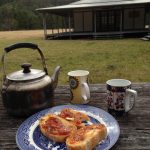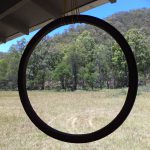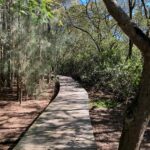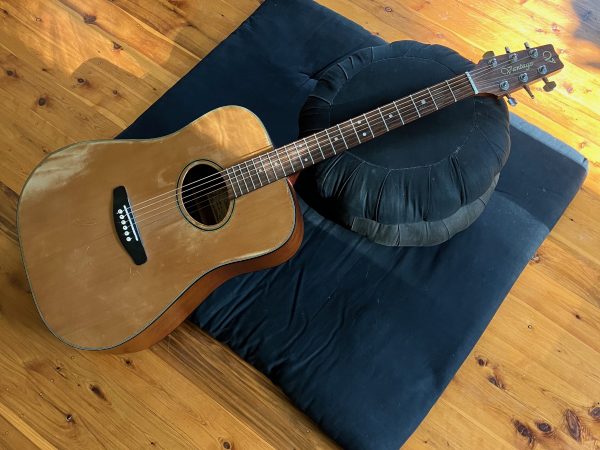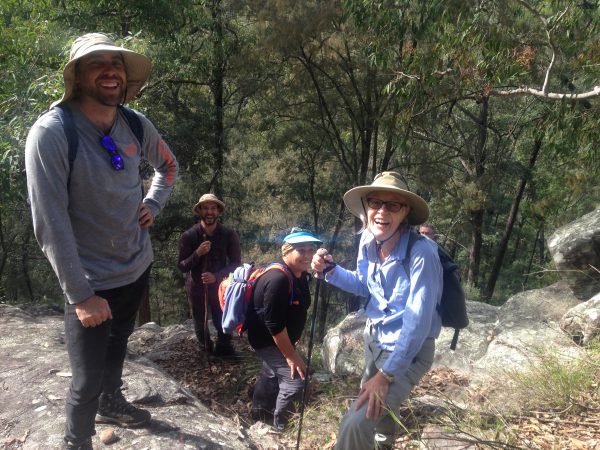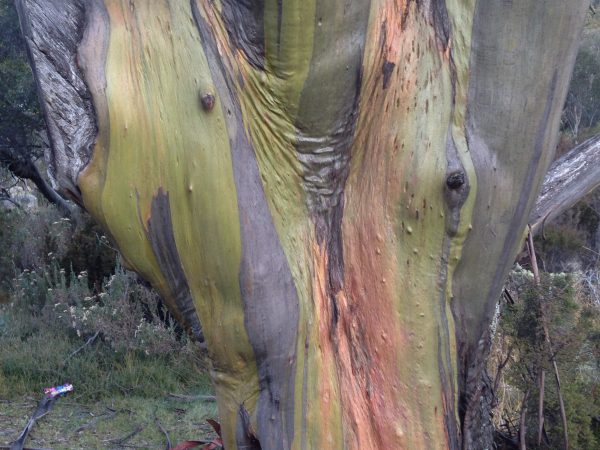Wu Wei – Equanimity

Wu Wei is a Chinese Taoist expression that means ‘doing nothing’ or non-doing. Equanimity has strong associations with the spirit of Wu Wei. Wu Wei – non-doing has easily been misunderstood and falsely interpreted as a passive acceptance of life or resignation or literally sitting on the cushion and doing nothing. Wu Wei is an attitude and approach to meditation and life itself; it is finding stillness within movement. It is working with the natural order and flow of things as they are. Alan Watts calls Wu Wei ‘a form of intelligence’. Non-doing is the opposite of the ego’s efforts to control and manipulate things for the self. If our practice is in alignment with the spirit of Wu Wei, equanimity stabilises and we do non-doing yet nothing is left undone.
A Zen master was once asked, “What is the secret of your equanimity? He answered, “Complete unrestricted co-operation with the unavoidable”.
Wu Wei is also likened to the Watercourse Way which describes the qualities of humility, flexibility, adaptability, persistence and equanimity. Water is described as giving life to all things and flowing down to the humblest levels, adapting itself to whatever shape it finds itself in and embodying patience and perseverance in its ability to cut through mountains, drop by drop. The true meaning of Wu Wei is not doing anything against the flow or not doing anything that does not have its roots in the Buddha Tao. Wu Wei is practicing and living in accordance with our essential nature, the eternal Tao. Our deepest essential nature is beyond words, names and descriptions. The eternal Tao – is the vast bright empty field of awareness. Equanimity is an expression of the awakened peaceful heart.
The Tao that can be spoken of is not the eternal Tao
The name that can be named is not the eternal Name.
Nameless the source of earth and sky,
names engender everything.
Free from desire, the mystery reveals itself;
wanting this gives rise to that.
Beyond named and nameless, reality still flows;
unfathomable the arch, the door, the gate.
Thirty spokes converge on one hub;
the center is empty, so the wheel can turn.
A pot is made from clay;
the centre is empty, so the vessel can be used.
Windows and doors are cut for a house;
the centre is empty, so there’s room to live.
The being of a thing makes it handy;
its nonbeing lets it function.
Reference: Robert Meikyo Rosenbaum, Walking the Way: 81 Zen encounters with the Tao Te Ching (Boston: Wisdom Publications, 2013)
This essay was written by Subhana Barzaghi, roshi for the SZC April/May Newsletter.

